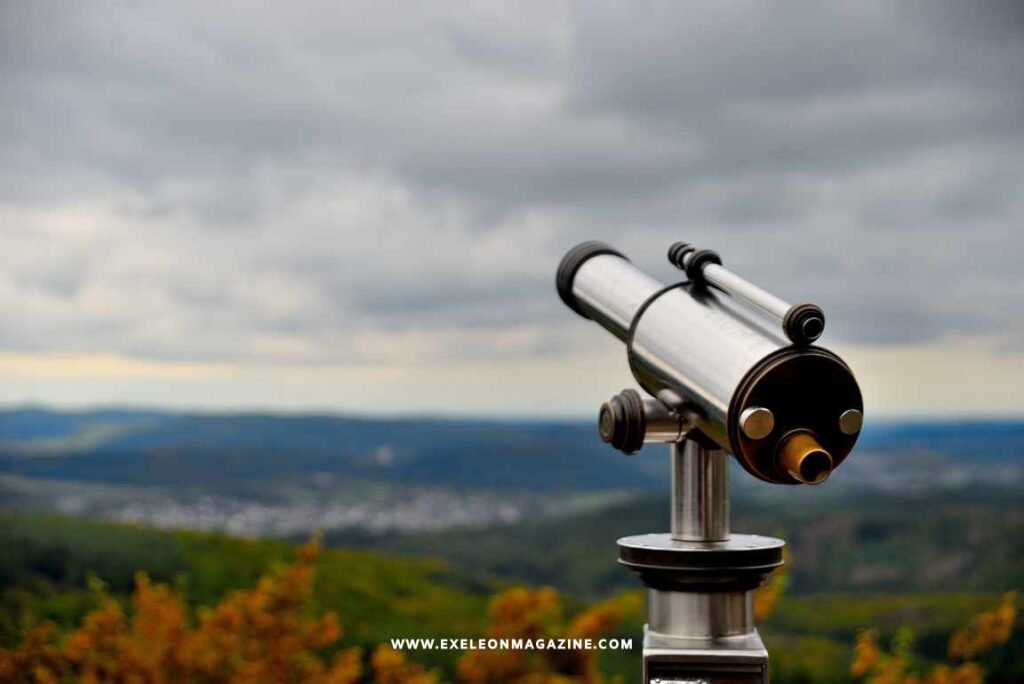Stargazing is an enriching hobby that becomes even more enjoyable with the right equipment. While a quality telescope is essential, several accessories can significantly enhance your observing experience. In this article, we’ll explore some must-have additions that every stargazer should consider.
1. Eyepieces
Why Eyepieces Matter
Eyepieces are one of the most important accessories for your telescope. They determine the magnification and field of view of your observations. Most telescopes come with a basic eyepiece, but investing in additional eyepieces with varying focal lengths can greatly enhance your ability to observe different celestial objects. For example, a low-power eyepiece is ideal for viewing star clusters, while a high-power eyepiece is perfect for observing planets and the moon.
Also Read: Why Coding Should Be a Core Subject in Every School’s Curriculum
Types of Eyepieces
There are various types of eyepieces, including Plössl, orthoscopic, and wide-angle designs. Each type offers different benefits, such as wider fields of view or better eye relief. Experimenting with different eyepieces can help you find the best combination for your stargazing needs.
2. Barlow Lenses
Doubling Your Magnification
A Barlow lens is a handy accessory that can double or even triple the magnification of your existing eyepieces. This means you can achieve higher magnifications without needing to purchase multiple eyepieces. Barlow lenses are especially useful for observing planets and lunar details. They are available in various magnification levels, typically 2x or 3x, and are an affordable way to extend your telescope’s capabilities.
3. Star Diagonals
Enhancing Viewing Comfort
A star diagonal is a mirror or prism that fits between the eyepiece and the telescope. It changes the orientation of the image and allows you to observe the sky without straining your neck. This accessory is particularly useful when observing objects that are high overhead. A good-quality star diagonal can also improve the clarity and brightness of the image, making your stargazing sessions more comfortable and enjoyable.
The Benefits of Setting Up a Softball Team for Your Workforce
4. Filters
Bringing Out the Details
Filters are another essential accessory for any stargazer. They help reduce glare and enhance contrast, making it easier to see details on the moon, planets, and even some deep-sky objects. For instance, a moon filter reduces the brightness of the moon, allowing you to observe its surface without being overwhelmed by its light. Planetary filters can highlight specific features like the cloud bands on Jupiter or the ice caps on Mars.
5. Red Dot Finders
Easier Targeting
A red dot finder is a simple yet effective accessory that makes it easier to locate celestial objects in the night sky. It projects a red dot onto a small window, allowing you to aim your telescope more accurately. This tool is especially helpful for beginners who may struggle with aligning their telescopes.
Conclusion
Adding the right accessories to your telescope setup can significantly improve your stargazing experience. From eyepieces to filters, these tools offer greater flexibility, comfort, and clarity when observing the night sky. For a wide selection of telescope accessories, visit widescreen-centre.co.uk, where you’ll find everything you need to enhance your stargazing adventures.










